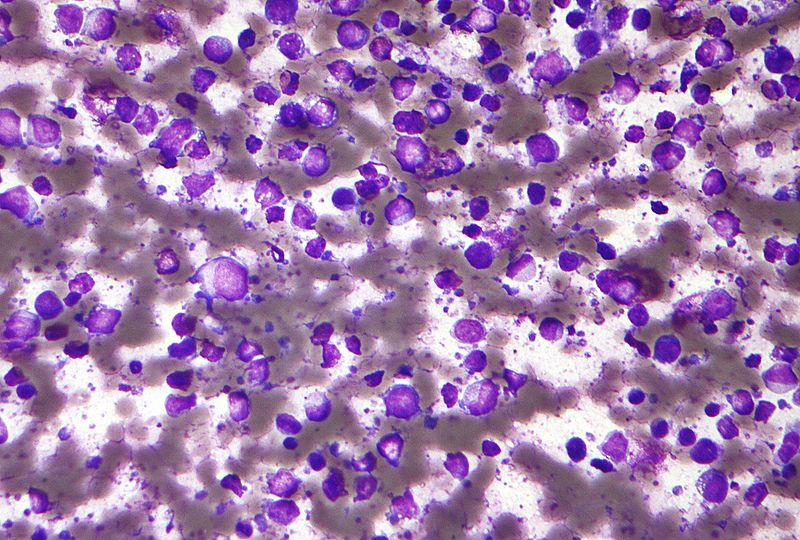Clinical trials are crucial for advancing care for non-Hodgkin’s lymphoma (NHL), however, accrual in these studies remains low. To address this issue, PlatformQ Health, the Leukemia & Lymphoma Society, BlackDoctor.org, and Partners for Advancing Clinical Education co-produced the BUILD-NHL Trial Equity Initiative.
The goal was to reduce disparities in trial access by empowering patients and caregivers, improving awareness among healthcare providers, and engaging community partners. The initiative involves a tethered/aligned educational program for patients and providers featuring faculty from UT MD Anderson Cancer Center, UC Lineberger Comprehensive Cancer Center, and Mays Cancer Center at UT Health San Antonio.
3,358 clinicians participated in the programming, 87% of whom were hematologists/oncologist. 67% reported that they treat an average of 14 patients with NHL per week. 68% reported that fewer than 25% of their patients were currently participating in clinical trials.
PlatformQ Health presented the program outcomes at the 2023 ASH annual conference.
Program details
Clinician learners reported that top barriers to trial participation included:
- Lack of trials at their institution
Lack of patient interest - Eligibility requirements
Patients reported that the top barriers were:
- Anxiety about disease progression
- Anxiety about how the treatment will work
- Understanding treatment options
- Transportation issues
- Conflicts with other activities
Program outcomes
For the patient session, there were 2,334 platform views and 49,449 social media views. 77% of the attendees were patients or caregivers. Learners were a diverse representation of ages and ethnicities, and spanned different treatment stages.
After the program, 54% of patient learners said they intend to discuss clinical trials with their healthcare provider and 50% said they will consider using a clinical trial finder within the next two months. The program improved the knowledge and confidence of learners across several topics, including:
- Confidence in the ability to improve diversity in trial participation
- Reflection on patient-reported willingness to participate in a clinical trial
- Recognition of actions that can improve culturally appropriate care
Outcomes data from this large group of providers, patients, and caregivers provided valuable insight into perceptions and hurdles in trial enrollment. The interactions make it clear that targeted educational interventions can help patients and caregivers feel more confident considering trials as an option, and can motivate providers to increase trial opportunities for diverse patients.

